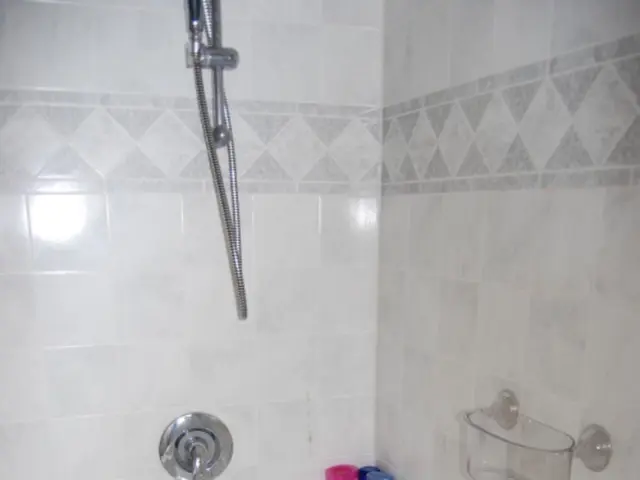Subsidies given to nearly 9 million citizens following the price hike
In our country, an increasing number of elderly citizens are facing poverty, a significant factor being the decreasing pensions. With about one in five of the population being over 66 years old, this issue is becoming a pressing concern.
The birth rate in our country has been decreasing since the end of the "baby boom" in the 1960s, leading to a deficit in births. This demographic shift is putting additional pressure on the pension fund, exacerbating the issue of poverty among the elderly.
Immigration and the resulting increase in birth rates are helping to slow down the development of poverty among the elderly, but there is still an overall deficit in births.
Women over 65 in our country have an average gross income of €18,700 per year, while men have an average of €25,600. These figures highlight the financial challenges faced by our elderly population.
To address this issue, various subsidy programs have been put in place. These programs typically focus on income level relative to the federal poverty line, age criteria (usually 60 or 65 and older), and sometimes specific asset limits or disability status.
Key conditions and programs include income thresholds, age requirement, means testing, and specific program conditions such as Medicaid, Medicare, Supplemental Security Income (SSI), Nutrition and Food Assistance Programs, and Extra Help with Medicare Prescription Drug Costs.
From July 2025, the contributions in the standard tariff of private health insurance for pensioners will increase significantly, from around €400 to €500 per month, due to the rising cost of healthcare, especially for hospital care. To help alleviate this financial burden, pensioners in our country can apply for a subsidy from the German Pension Insurance. This subsidy can amount to up to 8.55% of the gross pension, but no more than half of the actual private health insurance contribution, and is paid out tax-free monthly.
However, sharp rises in living costs, including rent, food, mobility, and insurance, are also contributing to poverty among the elderly. Some pensioners are unable to afford basic necessities, such as coffee.
It is important to note that some recent changes, such as those under the 2025 Budget Reconciliation Act, have introduced significant cuts to Medicaid, SNAP, and related senior assistance programs, tightening eligibility and reducing funding, which may affect the availability and conditions of subsidies.
In summary, elderly citizens generally need to meet age and income criteria designed to target those with limited financial resources, and eligibility may also depend on whether they qualify for related federal or state assistance programs such as Medicaid, Medicare Extra Help, or Supplemental Security Income. Local and state conditions may vary, and some programs require periodic re-certification of income and assets.
As our population ages, it is crucial to continue addressing the challenges faced by our elderly citizens and ensuring they have access to the support they need to live comfortably and with dignity.







